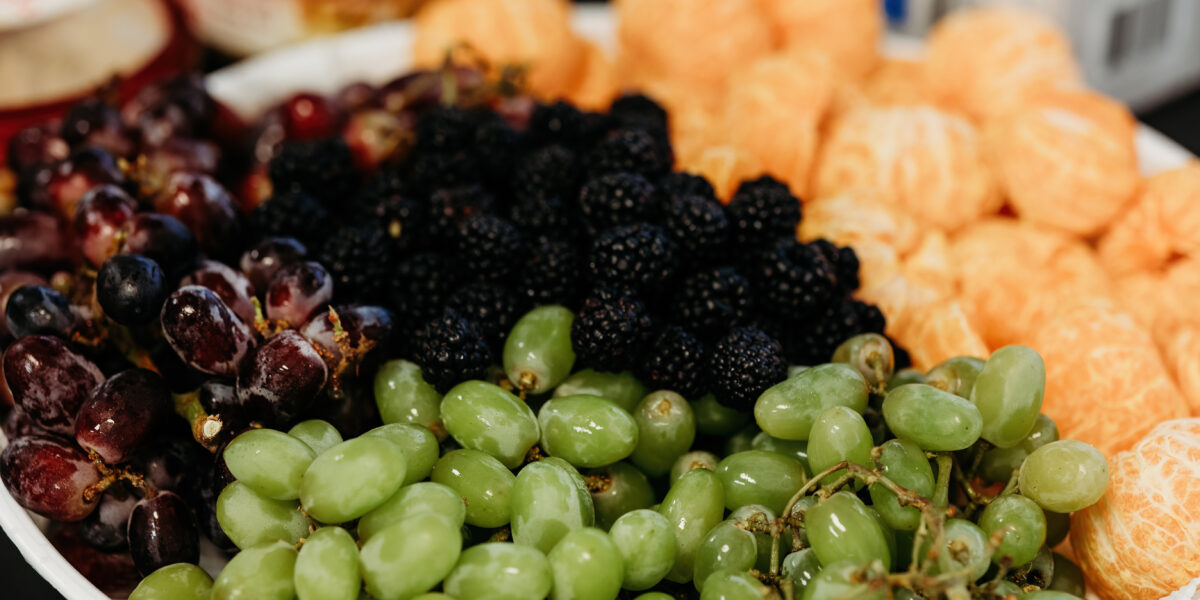Embarking on the path of resistance training demands more than mere repetitions with weights. The nutritional aspect is a vital component in realizing your fitness aspirations, be it muscle building, strength enhancement, or stamina improvement. In this discourse, we’ll delve into pivotal nutrition strategies tailored for weightlifters, emphasizing the significance of meticulous meal preparation, achieving daily protein objectives, and fine-tuning meal timing.
- Meal Preparation: A Strategic Move for Nutritional Adherence
Meal preparation stands as a fundamental pillar for weightlifters keen on adhering to their nutritional targets. It not only economizes time but also ensures access to requisite nutrients at optimal moments. Here’s why meal preparation holds a strategic advantage:
- Sustained Consistency: Preparing meals in advance minimizes the likelihood of succumbing to unhealthy dietary choices or skipping meals—a critical factor for peak performance and efficient recovery.
- Portion Mastery: Meal prepping empowers you to regulate portion sizes, averting overindulgence and furnishing your body with the essential nutrients crucial for recuperation and muscular development.
- Nutrient Temporal Alignment: Anticipating your meals in advance enables you to strategically synchronize nutrient intake with your workouts, amplifying their efficacy.
- Attaining Protein Milestones: The Cornerstone of Muscular Architecture
Protein forms the bedrock of muscle development and repair. Weightlifters should aim to ingest a daily amount of protein equivalent to their goal weight in grams. Here’s why protein is indispensable and how to attain your daily benchmarks:
- Muscle Synthesis: Protein furnishes amino acids, the elemental building blocks of muscles. Consuming an adequate amount of protein ensures your body possesses the requisite resources for muscle protein synthesis, fostering muscle growth and rejuvenation.
- Satiety and Weight Mastery: Protein-rich edibles prolong the feeling of fullness, contributing to weight management by curbing overall calorie intake and facilitating fat loss.
- Diverse Protein Sources: Include an array of protein sources such as lean meats, poultry, fish, eggs, dairy products, legumes, and plant-based protein alternatives.
- Meal Temporization: Powering Your Workouts and Recovery Phases
The temporal dimension of your meals is as crucial as the content itself. Appropriate meal timing can significantly influence your performance, energy levels, and recovery. Consider these guidelines:
- Pre-Workout Nourishment: Consume a balanced meal encompassing carbohydrates, protein, and a modest amount of healthy fats 2-3 hours before your workout to sustain enduring energy levels.
- Post-Workout Refueling: Within 30 minutes of concluding your workout, ingest a blend of protein and carbohydrates to replenish glycogen stores and kickstart the recuperative process.
- Nutrient Dispersion Throughout the Day: Space out your meals to ensure a consistent supply of nutrients, bolstering muscle protein synthesis and maintaining sustained energy levels.
Conclusion: Achieving your weightlifting objectives transcends the mere act of hoisting weights – it demands a comprehensive approach that incorporates sound nutrition. By integrating meticulous meal preparation, reaching your daily protein targets, and optimizing meal timing, you position yourself for triumph in the gym, expediting your journey towards a more robust and resilient physique. Always bear in mind, that constancy is paramount, and the right nutritional choices will propel your body to reach unprecedented heights in your weightlifting pursuits.

